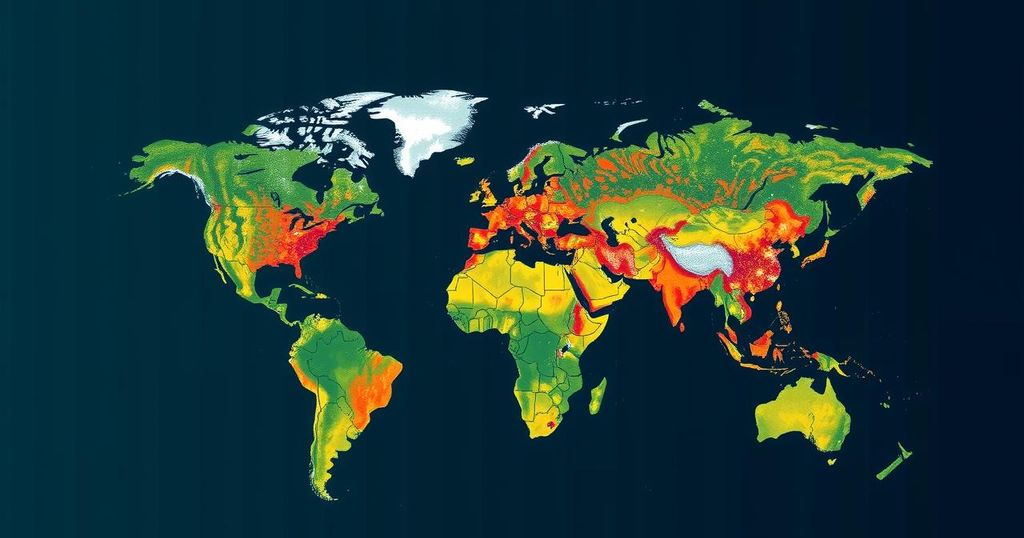Research Initiative on Climate Change Impact on Global Healthcare Systems Launched

Researchers have initiated a £3 million study named RESHAPE, focused on evaluating the impact of climate change on healthcare systems worldwide. The project involves collaboration with communities in Malawi, Vietnam, Tanzania, and Uganda to explore the responses of healthcare services to extreme weather events. Led by the University of East Anglia, it seeks to develop new resilience standards for healthcare systems and inform policy for vulnerable communities.
A pioneering research initiative, dubbed RESHAPE – RESilience in HeAlth Post-Extreme weather events, has commenced with funding amounting to £3 million to investigate the implications of climate change on global healthcare systems. This project aims to analyze how extreme weather events, exacerbated by climate change, are influencing the resilience of healthcare infrastructures in various regions worldwide. The project employs an international collaboration of scholars and practitioners working closely with communities in Malawi, Vietnam, Tanzania, and Uganda, each of which is grappling with increasing occurrences of extreme weather that hinder the delivery of essential healthcare services. The team includes Dr. Brahim Herbane from De Montfort University Leicester, who has extensive background in researching business resilience. Dr. Herbane expressed, “The premise is that the effects of climate change are increasing, and we are seeing more extreme weather events which will then impact on healthcare.” Through this detailed inquiry, the team seeks to identify existing strategies that healthcare systems employ to mitigate the effects of such events and to co-design enhancements to system resilience. During an initial visit to Malawi, Dr. Herbane observed firsthand the severe impact of these challenges on local healthcare provision. His experience at a community meeting, which was disrupted by torrential rain, underscored the urgency of the study as the team navigated flooded conditions to reach a hospital that had suffered substantial water damage. The research is led by the University of East Anglia (UEA) and seeks to create an informed framework for resilience that can inform policy and practice in healthcare systems, especially for vulnerable communities in low- and middle-income countries. Dr. Herbane added, “Ultimately, we want to develop a new international standard for healthcare system resilience and reshape healthcare resilience policy.” This collaborative endeavor is backed by the National Institute for Health and Care Research (NIHR) funded through the UK Government’s international development resources.
The increasing frequency of extreme weather events caused by climate change poses significant threats to global health systems. Vulnerable communities in low and middle-income countries often experience heightened impacts due to inadequate infrastructure and resources. Understanding and improving healthcare system resilience is therefore crucial. The research project RESHAPE seeks to address these urgent issues by providing insights into successful strategies for resilience, thereby ensuring that healthcare can continue to be delivered despite the challenges posed by climate change. The collaboration involves multiple academic institutions and stakeholders from various countries, all committed to enhancing healthcare systems worldwide by leveraging shared experiences and knowledge.
In conclusion, the RESHAPE project represents a significant step towards understanding and improving healthcare resilience in the face of climate change. With a comprehensive approach involving international collaboration among various academic institutions and local healthcare providers, the project aims to develop strategies that will help safeguard healthcare services for vulnerable communities. The insights gained from this research can potentially transform healthcare resilience policies globally, underscoring the urgent need to respond to the escalating climate crisis affecting health systems.
Original Source: www.dmu.ac.uk






